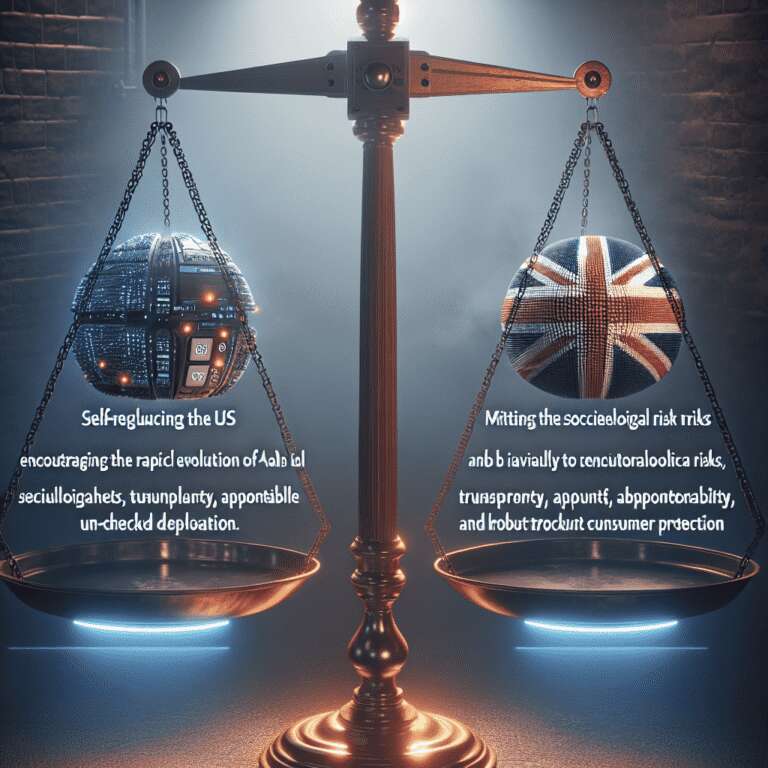The United Kingdom has chosen to delay comprehensive regulation of Artificial Intelligence, reflecting governmental caution as it faces mounting pressure from both technology industry advocates and public interest groups. The pause comes at a crucial time when countries worldwide are grappling with the challenges and opportunities presented by rapidly advancing Artificial Intelligence technologies, and the need to balance innovation with safety and ethical guidelines grows increasingly urgent.
This strategic decision places the UK on a regulatory ´fence,´ caught between the lighter, industry-led regulatory strategies favored in the United States and the more stringent, risk-based regulatory frameworks adopted by the European Union. The EU has taken a leadership role in Artificial Intelligence oversight with initiatives such as the AI Act, designed to set global standards for transparency, accountability, and consumer protection. By contrast, the US has generally favored voluntary compliance and innovation-friendly guidelines, leaving significant space for self-regulation within the tech sector. The UK´s current posture, therefore, reflects both an economic desire to foster a competitive Artificial Intelligence industry and a political need to address societal and ethical concerns.
As the government considers its next steps, the discourse in the UK is notably polarized. Advocates for strict rules warn about ethical pitfalls, bias, and social impact, urging that robust guardrails are essential to mitigate risks from powerful algorithms. Meanwhile, industry leaders and proponents of innovation caution that excessive regulation could stifle growth and erode the UK´s competitive edge in the global Artificial Intelligence race. The government´s indecision highlights how Artificial Intelligence regulation is becoming a defining challenge for modern governance, with potential ramifications for privacy, employment, national security, and international competitiveness. Observers anticipate that the UK´s stance will remain under intense scrutiny as global regulatory trends and technology advances continue to evolve.

